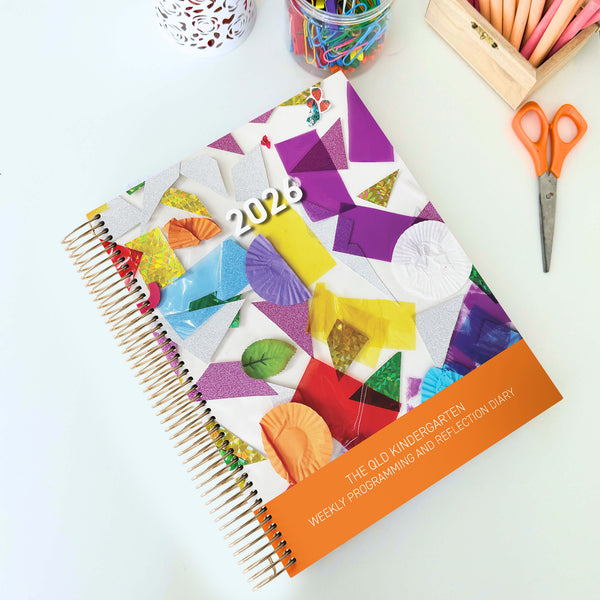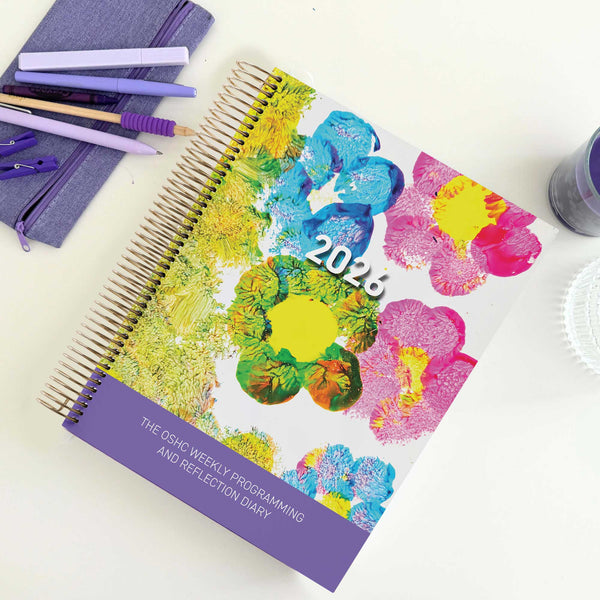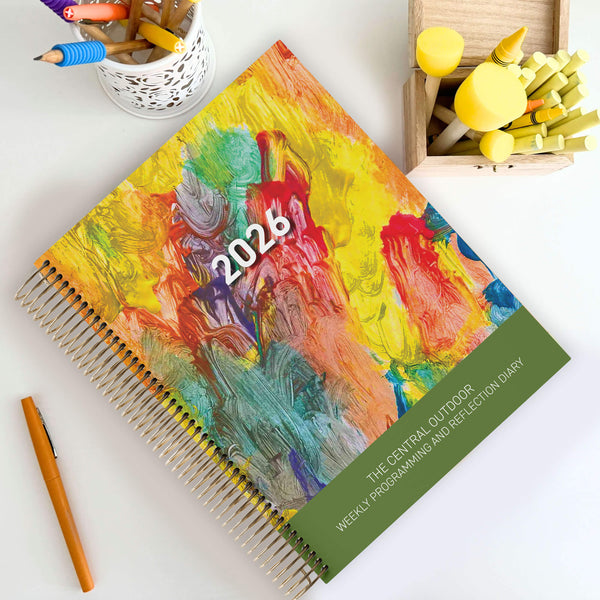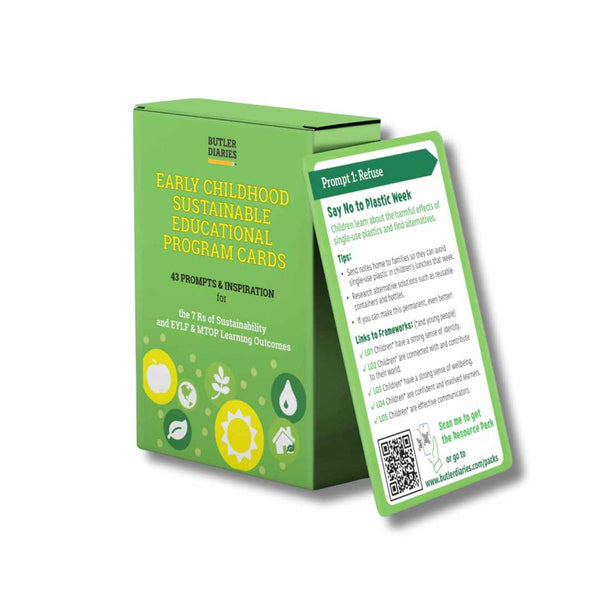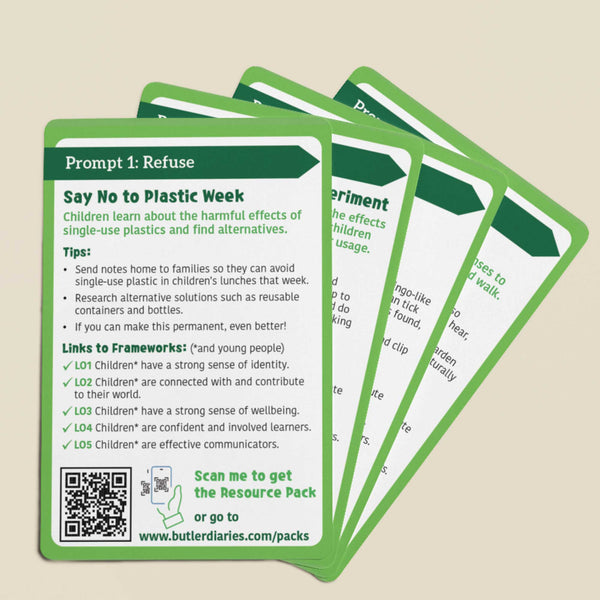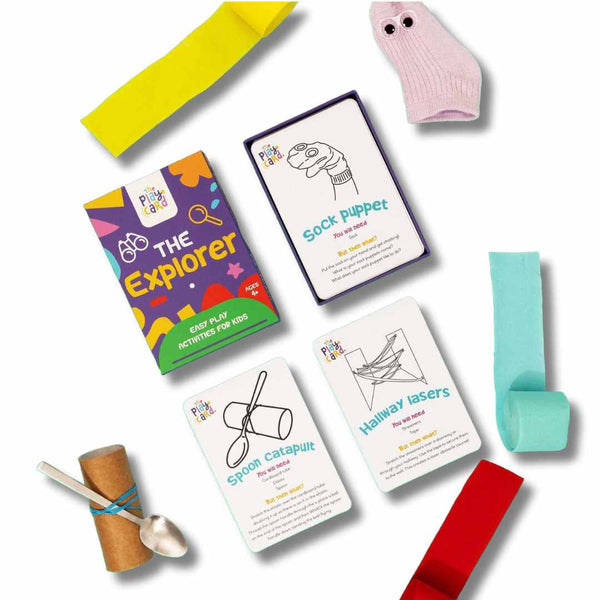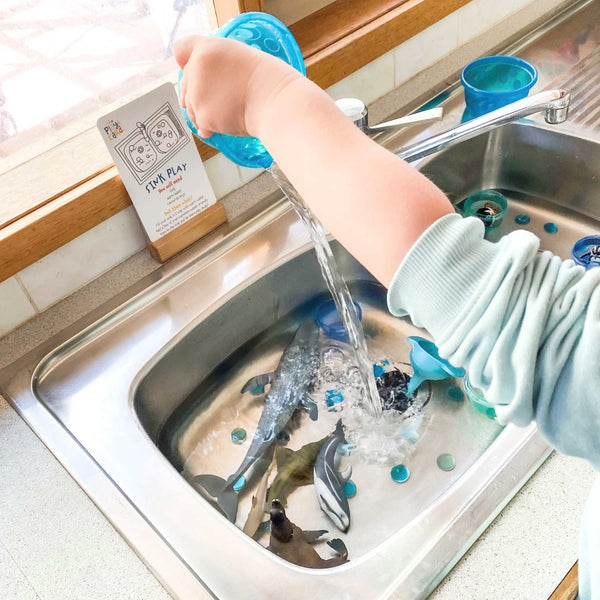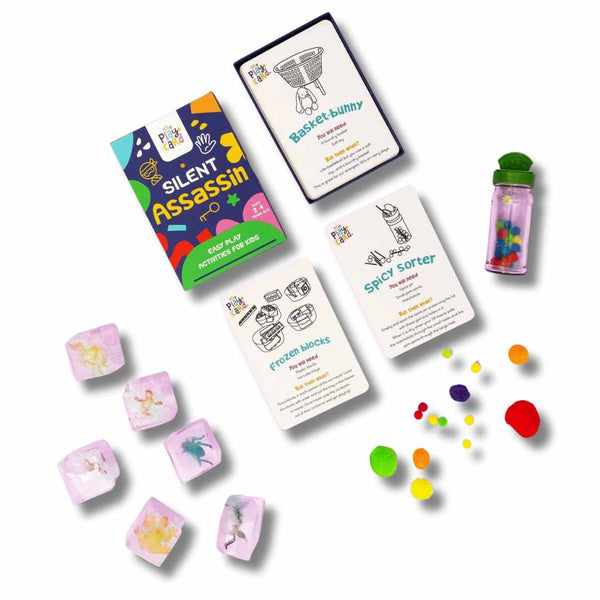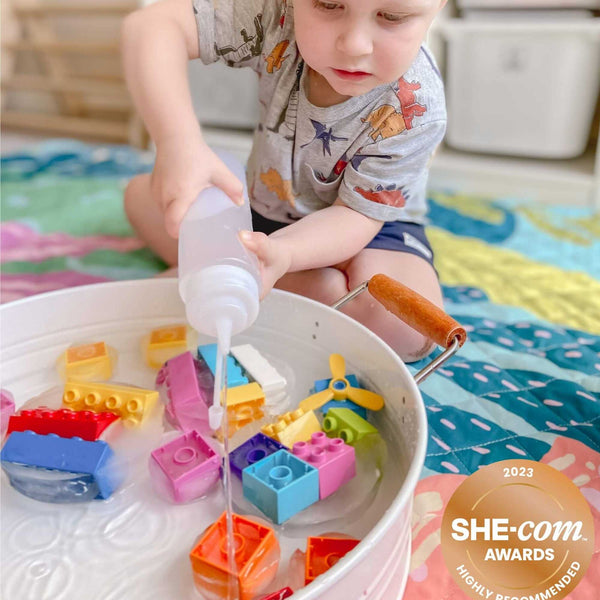Group times are a cornerstone of Early Childhood Education and Care (ECEC). They offer opportunities for children to learn, engage, and connect with their peers and educators. To make group times truly enriching and captivating, it's important to have a variety of activities at your fingertips. Here are 20 engaging group time experience ideas that align with EYLF, ensuring a holistic and stimulating learning environment.
-
Storytelling Adventures:
- Use props, puppets, and interactive storytelling to bring tales to life, encouraging children's imagination and language development.
-
Music and Movement:
- Incorporate songs, dances, and rhythmic activities that promote gross motor skills and foster a love for music.
-
Nature Exploration:
- Bring the outdoors inside by discussing natural elements, showcasing leaves, rocks, or insects, and encouraging curiousity about the environment.
-
Show-and-Tell:
- Allow children to share their favourite items, fostering self-expression and communication skills.
-
Creative Arts:
- Engage in hands-on art activities such as finger painting, collage-making, or clay modelling, encouraging creativity and fine motor skills.
-
Science Experiments:
- Simple science experiments involving water, magnets, or plants can pique children's curiousity and introduce them to basic scientific concepts.
-
Yoga and Mindfulness:
- Incorporate child-friendly yoga poses and mindfulness exercises to promote relaxation, self-awareness, and emotional regulation.
-
Puppet Shows:
- Organise puppet shows with child-made puppets, promoting storytelling, creativity, and social interaction.
-
Cooking Adventures:
- Simple cooking activities like making fruit salads or sandwiches can teach children about nutrition, cooperation, and fine motor skills.
-
Multilingual Moments:
- Introduce words and phrases from different languages, celebrating the diverse backgrounds of children and encouraging language development.
-
Dramatic Play:
- Set up role-play scenarios (e.g., a doctor's office or a post office) to stimulate imagination and social skills.
-
Sensory Exploration:
- Create sensory bins with various textures like rice, sand, or water, allowing children to explore and describe their sensory experiences.
-
Animal Adventures:
- Learn about different animals through books, videos, or guest visits, fostering an appreciation for the animal kingdom.
-
Math Challenges:
- Incorporate counting, sorting, and pattern recognition activities into group times to build early math skills.
-
Weather Watch:
- Discuss weather patterns, observe the sky, and create weather charts to enhance children's understanding of the natural world.
-
Community Connections:
- Invite community members or parents to share their professions, hobbies, or cultural traditions with the children.
-
Gardening Adventures:
- Plant seeds, tend to a garden, and watch plants grow, teaching children about responsibility and the natural cycle of life.
-
Shadow Play:
- Explore the concept of light and shadows with simple shadow puppets, encouraging creativity and scientific thinking.
-
Outdoor Adventures:
- Conduct group times in an outdoor setting, allowing children to connect with nature and experience sensory-rich learning.
-
Games with Rules:
- Explore games with Rules such as Memory and Snap, fostering self-regulation, collaboration, and consideration of others.
These 20 engaging group time experience ideas for ECEC professionals not only align with the NQS and EYLF but also provide opportunities for children to learn, explore, and have fun in a supportive and inclusive environment. By incorporating these activities into your routine, you can ensure that group times are not only educational but also memorable and enjoyable for the children in your care. Don't forget to record them in your Program in your Weekly Programming and Reflection Diaries under Group Learning (Intentional Teaching) and other relevant boxes.









